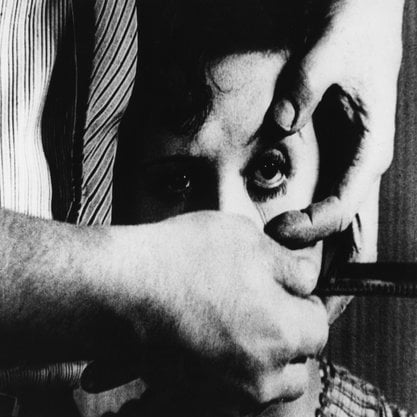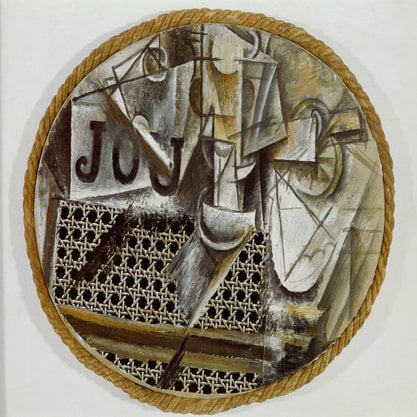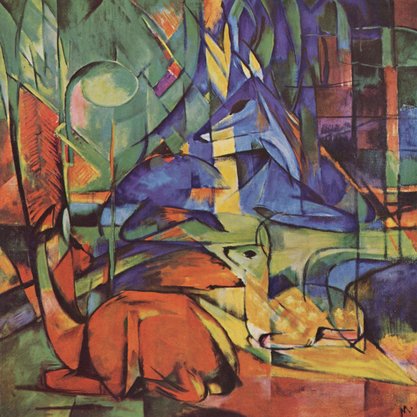Article
Dovzhenko, Alexander [ДОВЖЕНКО, Олександер Петрович] (1894–1956) By Nebesio, Bohdan Y.
Article
The Ukrainian film director, artist, and writer Alexander Dovzhenko was born in Sosnytsia (Chernihiv region) and graduated from the Hlukhiv teachers’ college in 1914. He continued his studies at the Ukrainian State Academy of Arts in Kiev (1917–1919) and in Berlin, where he worked at the Ukrainian consulate (1922–1923). Dovzhenko began his career as a cartoonist for the newspaper Visti VUTsVK in Kharkiv but switched to cinema in 1926. He wrote screenplays and directed films for the VUFKU [All-Ukrainian Photo Cinema Administration] studios in Odessa (1926–1928) and Kiev (1929–1932). To avoid being persecuted as a Ukrainian “nationalist” during Stalin’s region of terror, Dovzhenko fled to Moscow in 1932, where he continued working at the Mosfilm studio for the rest of his life.
Dovzhenko learned the filmmaker’s craft through directing two short comedies and a feature-length film titled Sumka dypkur’iera [The Diplomatic Pouch] (1927), a spy thriller. Zvenyhora (1927), an epic tale hailed by critics as the founding work of Ukrainian national cinema, established his reputation in Ukraine. The formal complexity and strong pacifist message of Arsenal (1929) brought Dovzhenko recognition in European avant-garde circles. Zemlia [Earth] (1930), whose subject was the transition to collectivized agriculture, became Dovzhenko’s best-known work and cemented his international reputation as the “poet of cinema.” Dovzhenko’s silent films were criticized in the Soviet Union for their “nationalist deviations” but received praise abroad, especially in Western Europe. His final film in Ukraine, Ivan (1932), marks the transition to sound in Ukrainian cinema.



